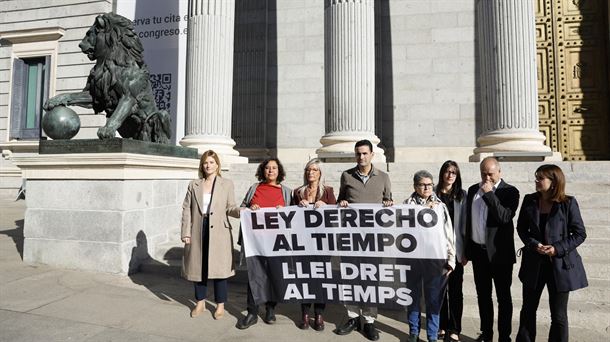A new freedom of information law will be passed at the end of January. The abolition of official secrecy is planned, but only for cities and municipalities with 5,000 inhabitants or more. The NEOS and FPÖ now criticized this, while the green light came from the ÖVP, the Greens and the SPÖ.
On Monday, the Freedom of Information Law was passed by the Constitutional Committee of the National Council. What was needed was a two-thirds majority, which the governing parties achieved together with the social democrats. However, the SPÖ had still called for changes, such as more detailed explanations and improvements for the media.
In principle, the new law stipulates that official secrecy will be permanently removed from the constitution. This gives citizens the right to information from the state. In addition, in the future, public bodies will have to publish information of general interest, such as commissioned reports and studies. Public companies, foundations, funds and statutory interest groups must also be more transparent.
Criticism: second-class citizens?
However, communities with fewer than 5,000 inhabitants are exempt from this – a point that bothers the FPÖ and NEOS. This would create second-class citizens, they argued. The NEOS also said it would take years for the right to information to actually become a reality. The intention is for the law to enter into force in September 2025 after a transition period.
In the future, information may only be refused if it could endanger public safety, there is a risk of significant harm, a decision has not yet been made or the interests of third parties outweigh those of the public. In addition, particularly time-consuming and clearly malicious questions do not need to be answered. The National Council is expected to consider this on January 31.
Source: Krone
I am Ida Scott, a journalist and content author with a passion for uncovering the truth. I have been writing professionally for Today Times Live since 2020 and specialize in political news. My career began when I was just 17; I had already developed a knack for research and an eye for detail which made me stand out from my peers.



